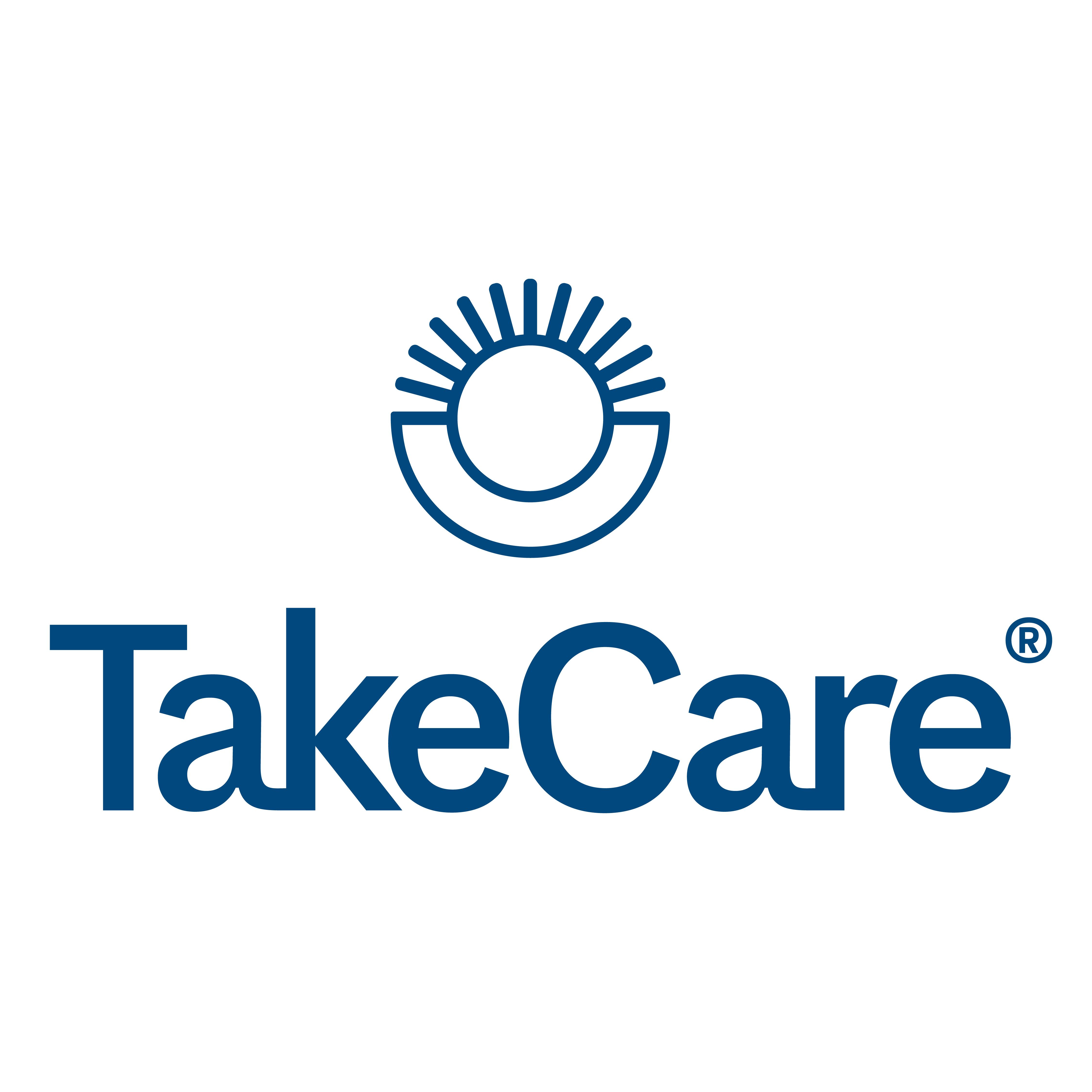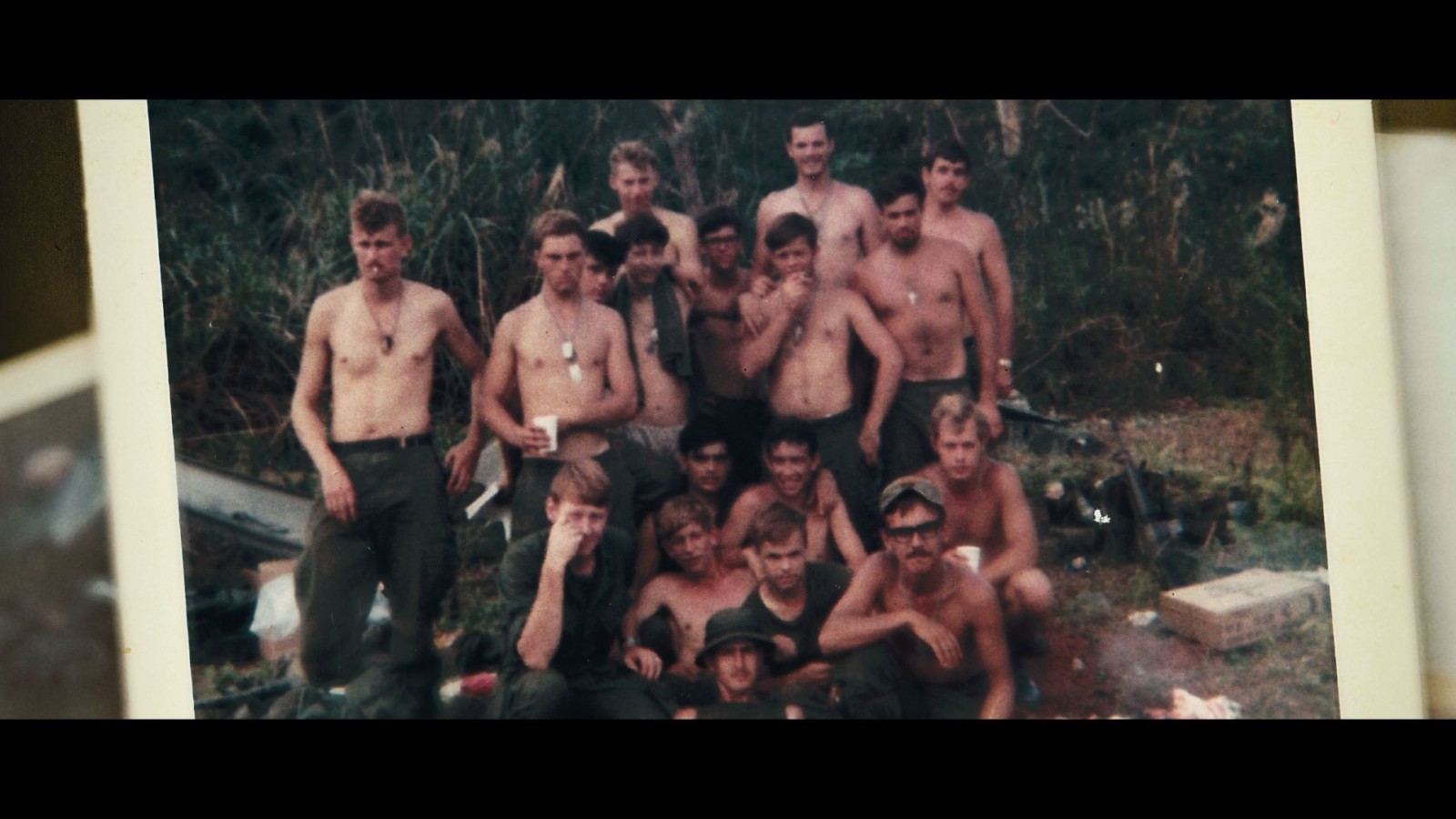The “Brothers” first met in 2014 in a basement classroom at the Charles George Veterans Affairs Medical Center in Asheville, North Carolina. Eighteen men—all Vietnam veterans in their 60s and 70s—entered warily, invited there by their primary care doctor, Bruce Kelly. They didn’t know one another, but they would soon learn how much they had in common and how much they could help one another heal.
As North Carolina’s then-Poet Laureate and creative writing professor at Appalachian State University, I had the pleasure of working with Dr. Kelly to host this weekly class. I also recently had the honor of serving as an advisor on “Brothers Like These,” a short film that tells their story. The film is part of TakeCare, a national initiative that offers tools to help people improve their own health and well-being through messages embedded in inspirational short films. “Brothers Like These” teaches us how much self-expression and connection with others helps us heal.
Reluctant Poets
When we started, the men were mystified: “Poetry? Me? Never!” They were a stoic lot who’d lived most of their lives in North Carolina mountain counties. After Vietnam, most of them struggled with depression, panic attacks, addiction, suicidal and even homicidal thoughts–symptoms of what we now call post-traumatic stress disorder, or PTSD. After witnessing unimaginable loss, destruction, and death, they returned home, only to be called “war mongers” and “baby killers.” In the film, David Robinson, a class member who’d been so traumatized that he didn’t leave his house for years, recalls thinking “How could writing something down help the old head?”
A Sacred Space
In “the Church of Classroom B,” I witnessed a transformation unlike anything I’d seen in 45 years of teaching. These men changed their lives through their own stories. They gave one another the permission and support they needed to speak their truth and put it to paper. Soon, they actually looked and felt remarkably better, even younger.
The Power of Connection
There is something deeply healing about finding people with whom you can be completely honest and vulnerable. “Being in this group has really let me know that I’m not the only one going through these things,” says veteran Ed Norris. The “Brothers” bonded over their shared experiences and suffering. But this vital connection and support is important for health and well-being whether you’ve lived through trauma or not.
Written Self-Expression
As a writer, poet, and teacher, I’ve witnessed the healing power of writing in facing yourself and admitting your truth. Many of these men had never opened up to anyone before—not even to their spouses or children. Soon these unlikely—and brilliant—writers were invited to share their stories at staged readings. Afterwards, recalls Ed Norris, “I felt a weight coming off me.” As David Robinson remembers, “It was like the room just filled up with, I guess, love.”
Making Writing Part of Your Life
Other types of creative expression – music, singing, art, and dance – can also be therapeutic, but writing is probably the easiest: almost anyone can pick up a pencil or pen. Punctuation, grammar, spelling, and structure don’t matter. Nor does your level of personal trauma. This is very much about getting out what needs to come out.
If you’re interested in exploring therapeutic writing on your own, try these steps:
- Carve out time. Aim for at least 15 minutes three to four days a week.
- Experiment with your method: Try writing by hand, on a computer, or with voice to text on your phone.
- Find the right place: Try to find somewhere that’s quiet and comfortable.
- Use a prompt: There are many prompts (usually questions) out there to help you start writing. Visit this site for some ideas.
- Let it flow: Don’t try to control your thoughts or edit your words as you write. Just let the ideas, emotions, and words flow.
If you’d prefer a writing class or workshop, check out your local community colleges, VAs, health centers, hospitals, libraries, or arts councils. They may offer – or be willing to offer – a therapeutic writing group. If needed, I’m happy to serve as a resource. Please contact me.


